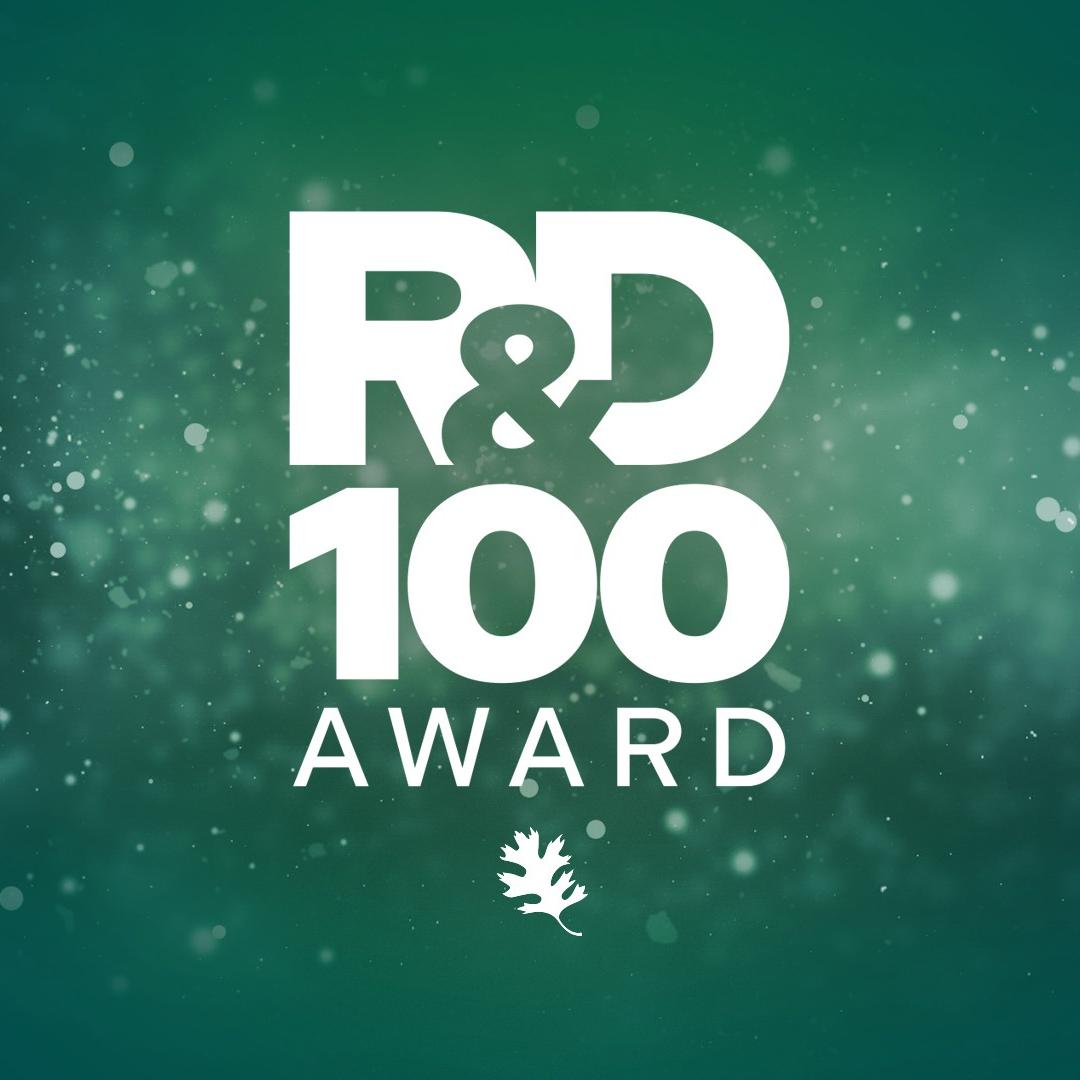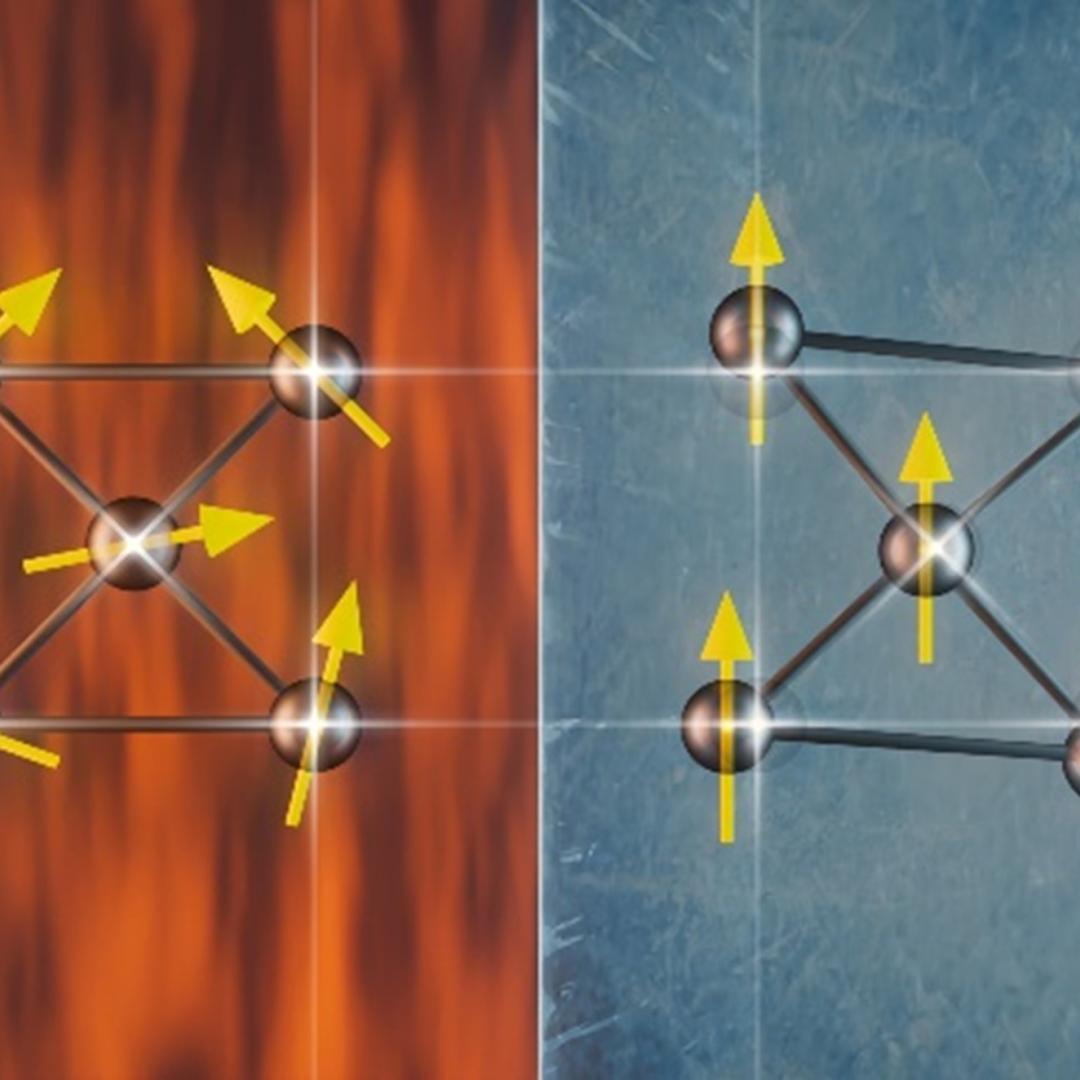
Filter News
Area of Research
- (-) Mathematics (1)
- (-) National Security (61)
- Advanced Manufacturing (3)
- Biology and Environment (42)
- Building Technologies (1)
- Clean Energy (84)
- Climate and Environmental Systems (1)
- Computational Biology (1)
- Computational Engineering (3)
- Computer Science (16)
- Electricity and Smart Grid (3)
- Fuel Cycle Science and Technology (1)
- Functional Materials for Energy (1)
- Fusion and Fission (7)
- Fusion Energy (2)
- Isotope Development and Production (1)
- Isotopes (26)
- Materials (60)
- Materials for Computing (13)
- Neutron Science (21)
- Nuclear Science and Technology (11)
- Quantum information Science (8)
- Sensors and Controls (1)
- Supercomputing (117)
News Topics
- (-) Artificial Intelligence (12)
- (-) Computer Science (20)
- (-) Cybersecurity (19)
- (-) Grid (6)
- (-) Machine Learning (12)
- (-) National Security (34)
- 3-D Printing/Advanced Manufacturing (2)
- Advanced Reactors (1)
- Big Data (6)
- Bioenergy (3)
- Biology (5)
- Biomedical (2)
- Biotechnology (1)
- Buildings (1)
- Chemical Sciences (2)
- Clean Water (1)
- Climate Change (6)
- Coronavirus (2)
- Decarbonization (2)
- Energy Storage (2)
- Environment (6)
- Exascale Computing (1)
- Frontier (1)
- Fusion (1)
- High-Performance Computing (4)
- Materials (2)
- Materials Science (3)
- Mathematics (1)
- Nanotechnology (1)
- Neutron Science (4)
- Nuclear Energy (5)
- Partnerships (5)
- Physics (1)
- Quantum Science (1)
- Security (11)
- Simulation (1)
- Summit (2)
- Sustainable Energy (3)
- Transportation (2)
Media Contacts
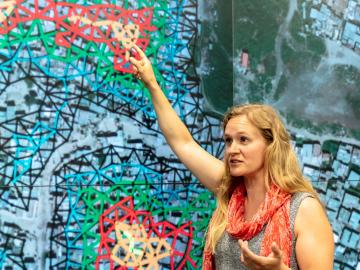
Unequal access to modern infrastructure is a feature of growing cities, according to a study published this week in the Proceedings of the National Academy of Sciences
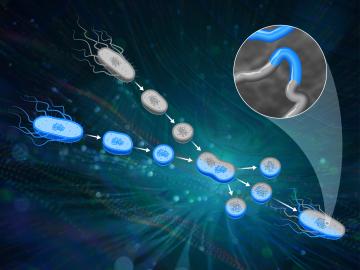
ORNL scientists had a problem mapping the genomes of bacteria to better understand the origins of their physical traits and improve their function for bioenergy production.
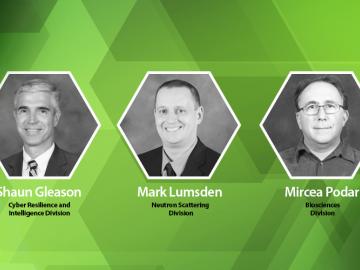
Three ORNL scientists have been elected fellows of the American Association for the Advancement of Science, or AAAS, the world’s largest general scientific society and publisher of the Science family of journals.
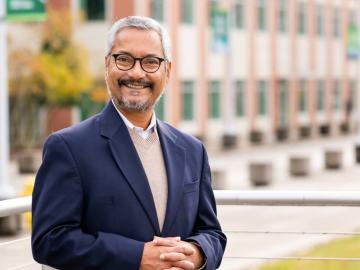
ORNL’s Budhendra “Budhu” Bhaduri has been elected a fellow of the American Association of Geographers. The honor recognizes Bhaduri as “a world leader in innovation, development and application of research in human dynamics, geographic data science, remote sensing and scalable geocomputation.”
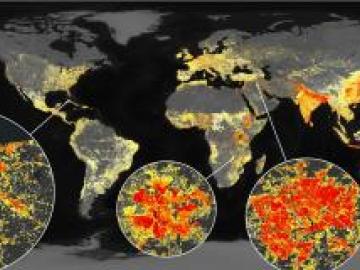
Using novel data sets and computing systems, researchers at ORNL are simulating how climate change affects the safety and security of the country.

A team of collaborators from ORNL, Google Inc., Snowflake Inc. and Ververica GmbH has tested a computing concept that could help speed up real-time processing of data that stream on mobile and other electronic devices.

Oak Ridge National Laboratory researchers have created a technology that more realistically emulates user activities to improve cyber testbeds and ultimately prevent cyberattacks.
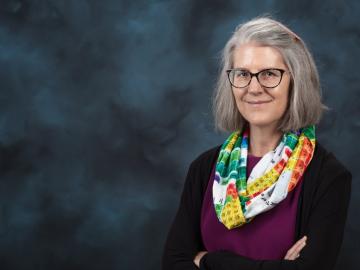
Deborah Frincke, one of the nation’s preeminent computer scientists and cybersecurity experts, serves as associate laboratory director of ORNL’s National Security Science Directorate. Credit: Carlos Jones/ORNL, U.S. Dept. of Energy
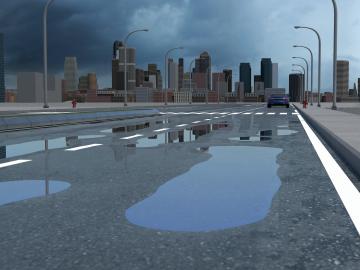
Researchers at Oak Ridge National Laboratory have identified a statistical relationship between the growth of cities and the spread of paved surfaces like roads and sidewalks. These impervious surfaces impede the flow of water into the ground, affecting the water cycle and, by extension, the climate.
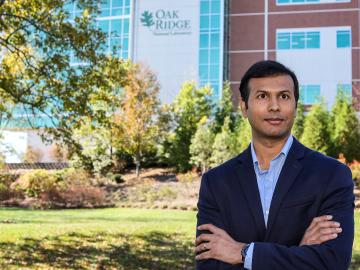
As Hurricane Dorian raged through the Bahamas, researchers at Oak Ridge National Laboratory worked around the clock to aid recovery efforts for one of the Caribbean’s worst storms ever.


